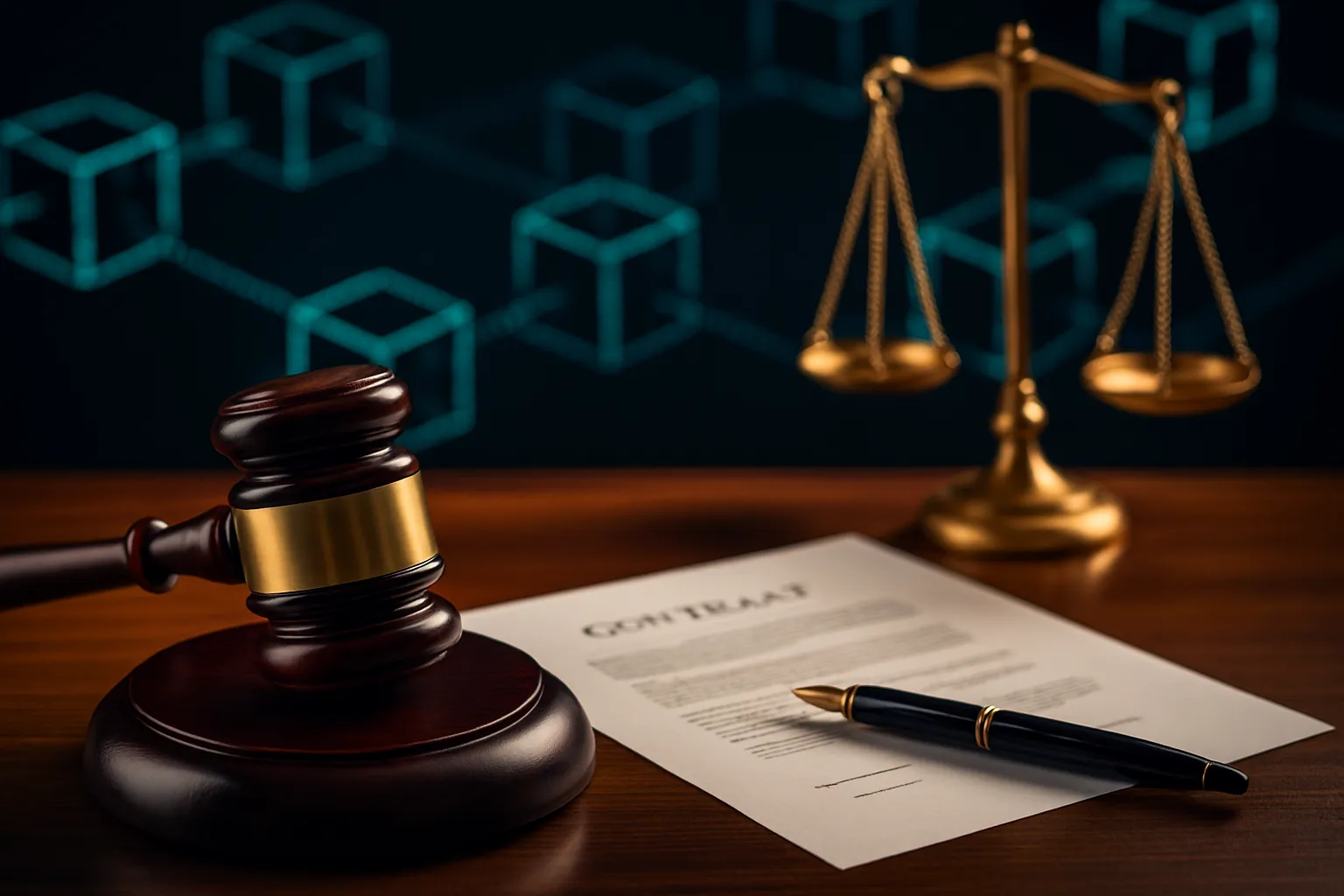Legal Challenges for Startups: Intellectual Property and Compliance
Launching a startup is an exhilarating journey, but it’s also fraught with hidden obstacles. Among the most significant hurdles are legal challenges related to intellectual property and compliance. While founders often focus on product development, fundraising, and customer acquisition, overlooking legal foundations can lead to disputes, financial losses, or even the collapse of the business. This article explores the key legal issues startups face, focusing on intellectual property and compliance, and provides a roadmap for navigating them effectively.

The Early Stage: Recognizing Legal Foundations
In the earliest days of a startup, founders are usually preoccupied with building prototypes, pitching investors, and finding product-market fit. Yet, establishing a strong legal foundation is just as important.
Without clear agreements and protections, startups risk internal conflicts and external disputes. For example, failing to define ownership of ideas among co-founders can lead to disagreements later. Similarly, neglecting to register a company name or logo may expose the startup to trademark infringement claims.
Key Considerations
- Choosing between LLC, corporation, or partnership structures
- Drafting clear founder and shareholder agreements
- Identifying potential intellectual property assets from day one
Intellectual Property: The Startup’s Most Valuable Asset
For many startups, intellectual property (IP) is their most valuable resource. Whether it’s a unique algorithm, a brand identity, or a patented product design, IP often represents the competitive edge that differentiates a startup from established players.
Startups should understand the four main categories of IP: patents, trademarks, copyrights, and trade secrets. Each offers different protections, and knowing which applies to your business is crucial. For instance, a software startup may rely heavily on copyright and trade secret protection, while a biotech company may prioritize patents.
Types of Intellectual Property
- Patents: Protect inventions and processes
- Trademarks: Safeguard brand names, logos, and slogans
- Copyrights: Cover creative works like software code, designs, and content
- Trade Secrets: Protect confidential business information
Patents: Innovation Meets Protection
Patents are critical for startups developing new technologies or products. A patent grants exclusive rights to an invention, preventing competitors from copying or selling it without permission. However, the process of obtaining a patent is complex, time-consuming, and expensive.
Startups must decide whether the potential benefits outweigh the costs. Filing too early may waste resources if the product changes significantly, while filing too late risks losing protection. Strategic timing and professional guidance are essential.
Patent Strategy
Steps to Consider
- Conduct a prior art search to ensure novelty
- File provisional patents to secure early rights
- Work with experienced patent attorneys
- Consider international protection if expanding globally
Trademarks: Building and Protecting Your Brand
A startup’s brand is often its most visible asset. Trademarks protect names, logos, and slogans that distinguish a business in the marketplace. Registering a trademark not only prevents competitors from using similar branding but also builds trust with customers and investors.
Many startups make the mistake of skipping trademark registration, assuming their brand is safe once they start using it. Unfortunately, this can lead to disputes if another company has already registered a similar mark. Early registration is a proactive step that saves time and money later.
Trademark Best Practices
- Conduct thorough searches before choosing a brand name
- Register trademarks with national and international authorities
- Monitor and enforce trademark rights against infringers
Copyrights and Trade Secrets: Hidden Strengths
While patents and trademarks often take the spotlight, copyrights and trade secrets are equally important. Copyrights protect creative works such as software code, marketing materials, and product designs. Trade secrets, on the other hand, safeguard confidential information like formulas, algorithms, or customer lists.
Startups should implement internal policies to protect trade secrets, including non-disclosure agreements (NDAs) and restricted access to sensitive data. Without these measures, valuable information can easily leak to competitors.
Protecting Trade Secrets
- Use NDAs with employees, contractors, and partners
- Limit access to confidential information
- Implement cybersecurity measures
Compliance with Local and International Laws
Beyond IP, startups must navigate a maze of compliance requirements. These include tax obligations, labor laws, data protection regulations, and industry-specific rules. Non-compliance can result in fines, lawsuits, or even shutdowns.
For startups operating internationally, compliance becomes even more complex. Different countries have varying standards for data privacy, employment, and consumer protection. Startups must adapt their policies to meet these requirements.
Examples of Compliance Areas
- Data protection (e.g., GDPR in Europe)
- Employment and labor laws
- Consumer protection regulations
- Tax reporting and financial compliance
Data Privacy and Cybersecurity
In today’s digital economy, data privacy and cybersecurity are top concerns. Startups often collect and process customer data, making them subject to strict privacy regulations. Failure to comply with laws like GDPR or CCPA can lead to severe penalties.
Cybersecurity is equally critical. Startups are frequent targets of cyberattacks due to their limited resources and weaker defenses. A single breach can damage reputation and erode customer trust.
Best Practices for Data Protection
- Adopt transparent privacy policies
- Encrypt sensitive data
- Regularly update security systems
- Train employees on cybersecurity awareness
Employment Law and Workplace Compliance
As startups grow, they must comply with employment laws. This includes drafting employment contracts, ensuring fair wages, and providing safe working conditions. Misclassifying employees as independent contractors is a common mistake that can lead to legal disputes.
Startups should also be aware of anti-discrimination laws and workplace diversity requirements. Building a compliant and inclusive workplace not only avoids legal trouble but also strengthens company culture.
Employment Compliance Checklist
- Written employment contracts
- Clear policies on wages, benefits, and working hours
- Compliance with health and safety standards
- Anti-discrimination and harassment policies
Fundraising and Securities Compliance
Raising capital is a critical milestone for startups, but it comes with securities law obligations. Whether raising funds through venture capital, crowdfunding, or initial coin offerings (ICOs), startups must comply with regulations to avoid penalties.
Failure to disclose risks or misrepresent financial information can lead to lawsuits and loss of investor trust. Startups should work with legal advisors to structure fundraising efforts in compliance with securities laws.
Fundraising Compliance Tips
- Provide accurate and transparent disclosures
- Understand restrictions on crowdfunding and ICOs
- Comply with investor accreditation requirements
Long-Term Legal Strategy and Risk Management
Legal challenges don’t end once a startup is established. As the company scales, new risks emerge, including international expansion, mergers, and acquisitions. A proactive legal strategy ensures that startups remain compliant and protect their assets as they grow.
Startups should regularly review contracts, update compliance policies, and monitor changes in regulations. Building relationships with legal advisors and compliance experts can help anticipate risks before they become crises.
Long-Term Risk Management
- Regular legal audits
- Ongoing IP portfolio management
- Compliance training for employees
- Strategic planning for international markets
Conclusion
Startups thrive on innovation, but innovation without protection and compliance is a recipe for disaster. By prioritizing intellectual property and compliance from the very beginning, startups can safeguard their ideas, build trust with stakeholders, and position themselves for sustainable growth. Legal challenges may seem daunting, but with the right strategy, they can be transformed into opportunities for resilience and long-term success.











